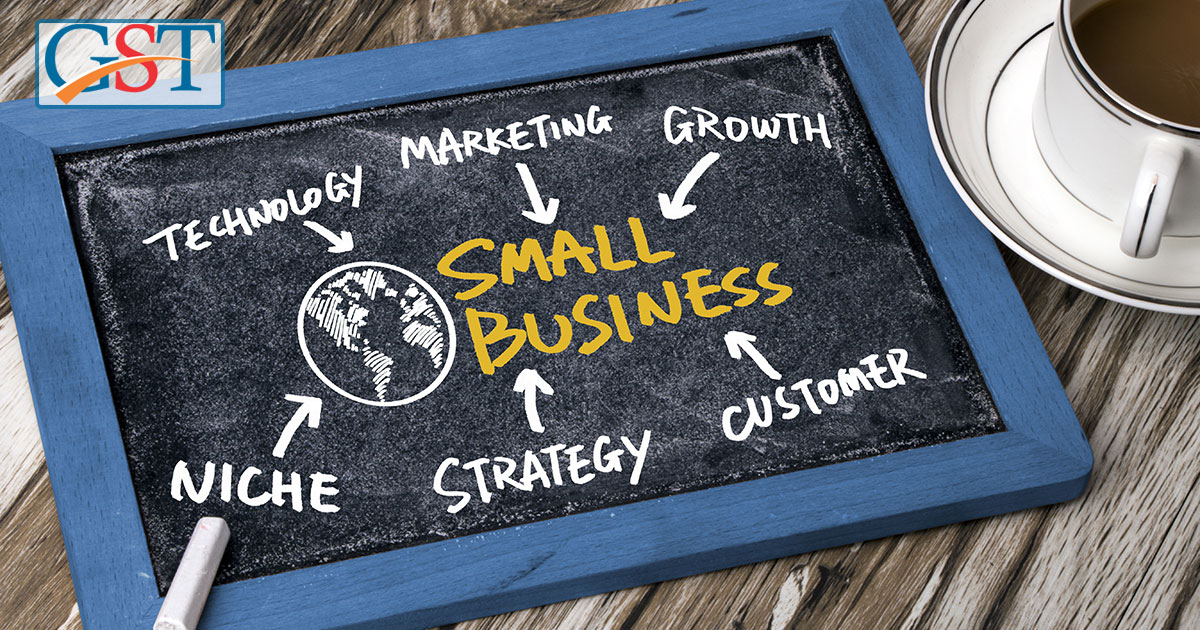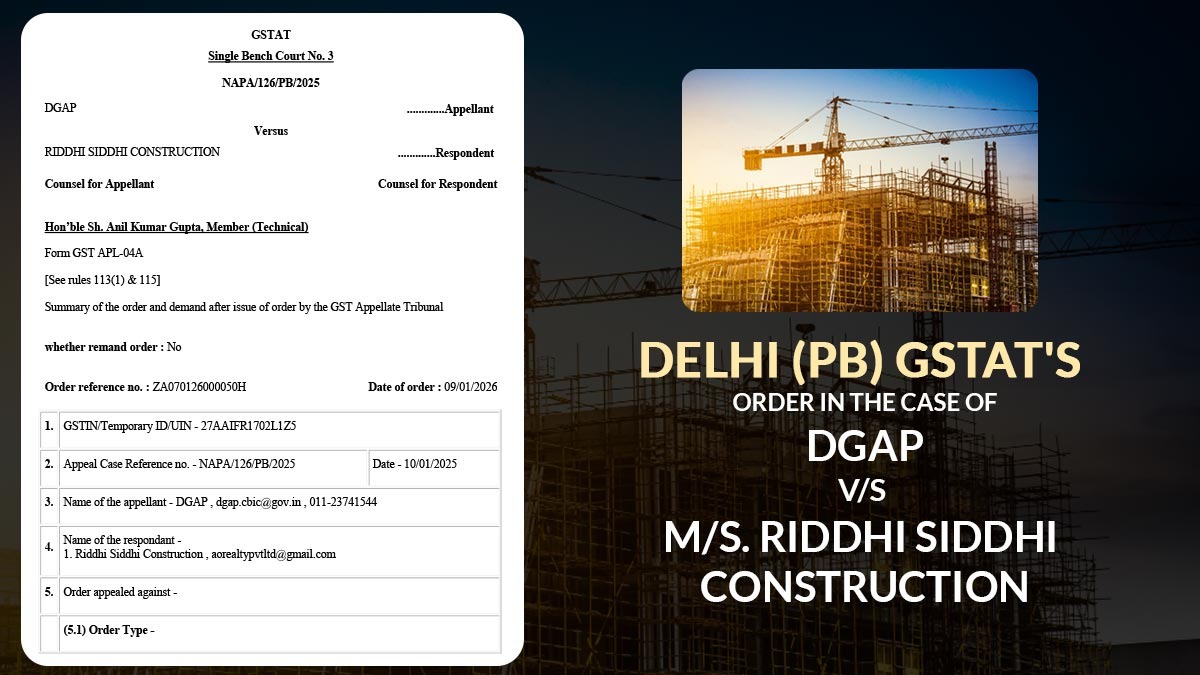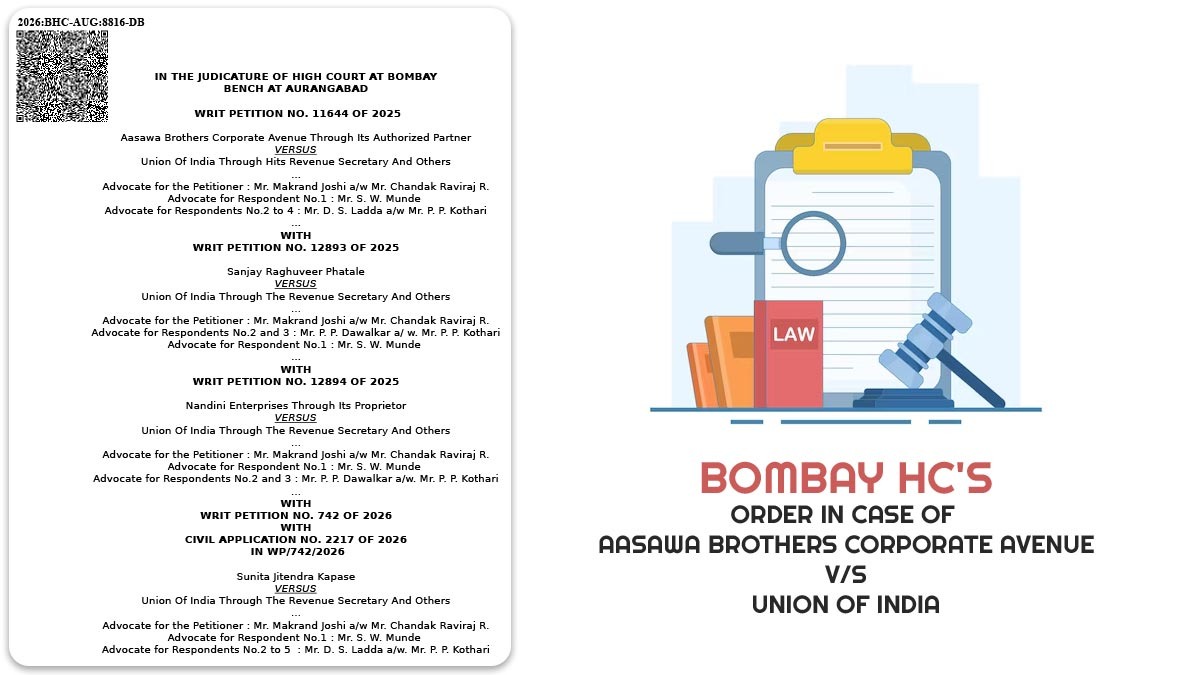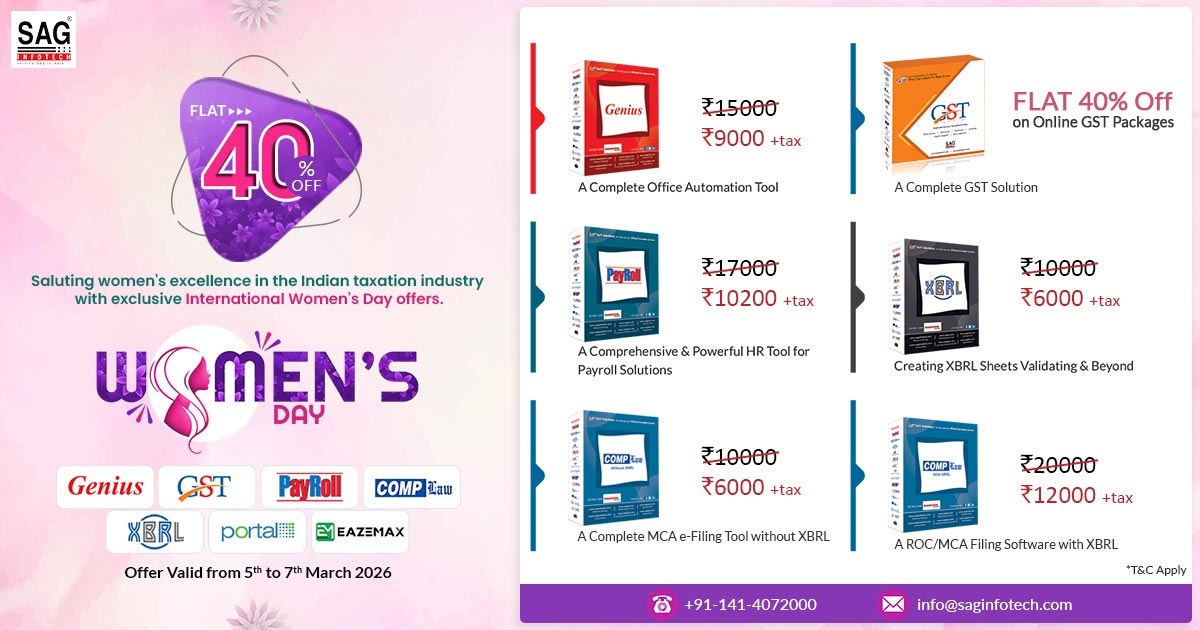
The SME (Micro, Small and Medium Enterprises) sector of India is going through a major growth phase and is also considered a significant leader in the expansion of the economy for many years. And by the statistics provided by the SME Chamber of India, the SME industry is a major contributor, with almost 45 percent of the industrial output and making 40 percent of the exports. It also provides jobs for almost 42 million of Indians, which grows at an average rate of one million jobs per year. For the production part, it offers over 8000 high-quality products and is distributed in the International as well as Indian markets.
Now, after the presentation of GST, the question arises out of economic corridors that what will be the impact of GST on the SME sector and how it will cope with the external changes. As of now, the experts have analysed the raging issues of the sector and have come up with, that currently only 50 percent of SMEs are technologically enabled, which can properly align with the GST rules and regulations, and the remaining 50 will have a hard time updating themselves.
Also, the issues of manpower continue to haunt the SME sector as most of the business units don’t have the resolute staff to tackle the everyday operations like following up with the vendors, suppliers, and invoice-related tasks. Still, there are some tips which can be very useful for the small business units to get themselves GST-ready.
ITC Calculation – Keep it on Top Priority
The Input tax credit is a very significant part of business units, and it is also necessary for a business unit to understand the rules and regulations regarding the ITC. All the pre-calculation of ITC can help the business to make accurate assumptions regarding the compliance cost along with the efficiency and growth stamina of the business into the GST arena.
The ITC can be collected on the expenses incurred for the expansion of the business, which includes marketing strategies, logistics costs, and further operational costs.
For the SMEs, there is a wide array of expenses assigned in the laws for which they can claim input tax credit, which will ultimately decrease the operational cost and create a profitable scenario with increased margins. Finally, it is well understood that the input tax credit affects the working capital of a business, which makes ITC much more significant in terms of assisting a proper set of compliance.
Read Also: GST Composition Scheme: Key Features, Eligibility and Registration Process
Transaction and Invoice Details – Make them Safe
As per the government rules and regulations, the supplier must file the returns and tax payments on time in order to facilitate both parties to avail of input tax credit. Also, it requires that both the invoices, i.e. invoice of the seller and buyer, must match accurately to justify the claim of input tax credit. So, any small-medium enterprise should have a disciplined code for the maintenance of invoice records along with the proper tax filings. A timely filing of taxes and payments, ethics must be followed to implement a sound tax environment.
As soon as the GST approaches within the tax system, all the business units must furnish all the relevant details of the transaction of all the invoices generated to the customers. Also, the invoices will be matched which are received from the supplier of goods, after which the reconciliation is executed, making the input tax credited validate the claim.
All this strict compliance is rooted for the authorities to track down any fake Input Tax Credit claim and has directed the business units to follow the aspects of taxation with technological implementations. The invoice matching concept also hints to the business unit to check if their suppliers are also following the proper code of conduct by doing tax returns on time and are compliant. In the case of any mismatch, the issue will be escalated, and both parties would have to reconcile the statements in order to free up the ITC.
Liquidity Arrangements
Input tax credit depends on various factors, as in several cases, SME will have to confront cash issues in emergency situations in the supply chain while GST comes into actual. The business units which are stuck in the liquidity crunch can make their way through the borrowings, but the ultimate solutions lie in the advanced savings technique, which would keep the business on ventilator in the transition period.
Boycott Manual Book-Keeping
Under the GST, there will be a sole purpose to make the economy digitise according to the upcoming online portal i.e. GSTN. As GSTN will be the only door to upload the invoice data and tax return filings, keeping in mind the importance of online viability after the GST, it is suggested to do away with manual bookkeeping. It is acknowledged that ITC mismatch is very lethal in the case of claims, and errors can be done while moving the manual data into the online portal.
It is suggested that the business units must use virtual records and accounts in order to safely transfer the data to the portal, avoiding any blunders. It is also noticed that several SME which are low on the track of online accounting must invest in the training of the staff to make them eligible for doing online record keeping and accounting.
Get a Smart GST Partner
It is granted that a taxpayer can directly file their returns on the GSTN portal if they want to. But while filing the returns, there are fair chances of making mistakes by any individual that could lead to subsequent errors throughout the filing.
So, keeping in mind the intensity of the procedure, it is highly recommended to use software which can intelligently complete all your tasks, ranging from the filing of returns to the uploading of significant tax data. One must keep in mind that the GST return will account for 37 returns per year, and human error predominantly exists from time unknown.
The tips provided are very much thorough in their motive, and it is suggested that SME should keep track of all these points aforementioned. GST will be game-changing taxation for the nation and will give a tremendous boost to the designated industries and to the country’s GDP all in all.










I am very happy to know that GST will be effective from 1st July 2017. According to gat act the dealer whos turn over is less than 2000000 no need of registration in gst act, but my view is all dealer should be registered under GST act. and gov. will give relief from other registrations like trade license weight and measurement registration labor license etc.